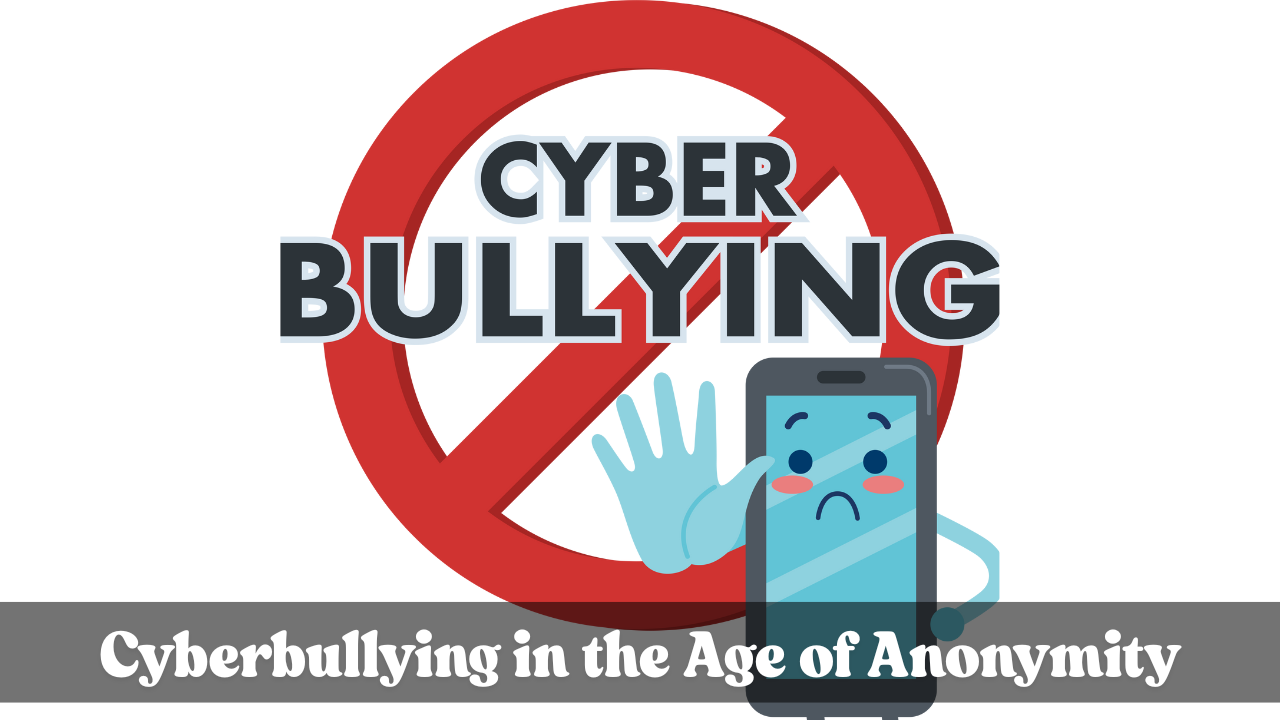Cyberbullying in the Age of Anonymity: Strategies for Prevention in Sports
In recent years, the world of sports has expanded beyond physical stadiums and fields to the vast digital space. With social media platforms becoming a hub for fans and athletes alike, there is a growing concern about cyberbullying, especially in the sports community. Cyberbullying refers to the use of electronic communication to bully a person, typically by sending intimidating, threatening, or harmful messages. This issue is especially important to address because it affects not only the mental well-being of athletes but also the overall environment of sportsmanship.
Understanding Cyberbullying in Sports
Sports personalities, whether professional or amateur, have become highly visible figures on social media. While this visibility has helped build their careers and connect with fans, it has also exposed them to negative and harmful comments. Anonymity on the internet often gives people the confidence to express hatred or negativity without accountability. This has made cyberbullying a significant challenge.
In India, where sports are passionately followed, the pressure on athletes is immense. Fans expect consistent performance, and any perceived failure can trigger a wave of abusive comments online. For instance, during major cricket tournaments or events like the Olympics, many athletes become targets of harsh criticism and cyberbullying.
Why Is Cyberbullying Prevalent in Sports?
There are several reasons why cyberbullying is common in the sports world:
- Anonymity: The internet allows people to hide behind fake profiles or usernames. This anonymity removes the fear of consequences, encouraging more aggressive behavior online.
- High Expectations: Fans hold their favourite athletes to very high standards. When an athlete underperforms, some fans respond with harsh words rather than constructive criticism.
- Emotional Investment: Sports often evoke strong emotions. When teams lose or athletes fail to meet expectations, the disappointment sometimes manifests as abusive language on social media.
- Lack of Awareness: Many people do not fully understand the impact of cyberbullying. They might consider it harmless teasing or criticism, not realizing how damaging their words can be.
Effects of Cyberbullying on Athletes
The consequences of cyberbullying extend beyond hurt feelings. It can have serious effects on an athlete’s mental health and career.
- Mental Health Issues: Constant exposure to negative comments can cause anxiety, depression, and stress. Some athletes have shared how cyberbullying affected their confidence and motivation.
- Performance Impact: Mental distress from online abuse can affect an athlete’s focus and performance. This creates a harmful cycle where poor performance leads to more criticism, further worsening the situation.
- Career Decisions: In extreme cases, athletes have chosen to take breaks or retire early due to the pressure and abuse they face online. This not only harms their personal lives but also the sports community.
How Can Cyberbullying Be Prevented?
Preventing cyberbullying requires a combined effort from athletes, fans, social media platforms, and governing bodies. Here are some strategies that can help:
1. Education and Awareness
Raising awareness about the harmful effects of cyberbullying is crucial. Fans and followers must understand that athletes are humans who deserve respect. Schools, sports academies, and organisations can conduct campaigns that educate both players and fans about online behaviour and empathy.
2. Encouraging Positive Engagement
Fans should be encouraged to engage in positive support rather than criticism. Cheering for good performance and providing constructive feedback in a respectful way can create a healthier online environment. Public figures and athletes themselves can lead by example, promoting kindness and respect on their platforms.
3. Reporting and Moderation Tools
Social media platforms have an important role to play. They need to offer easy-to-use tools to report abusive content and swiftly act on complaints. Athletes and fans should be made aware of how to use these tools to protect themselves and others from cyberbullying.
4. Support Systems for Athletes
Sports organisations and teams should provide mental health support for athletes facing cyberbullying. Access to counselling and professional help can make a significant difference in coping with online abuse.
5. Legal Measures
India has laws against cyberbullying and online harassment. However, many cases go unreported due to lack of awareness or fear of backlash. Encouraging athletes and victims to report incidents and seek legal support can help curb the problem.
The Role of Fans and Community
As supporters of sports, fans hold a lot of power. Respectful behaviour online can help protect athletes from unnecessary abuse. Understanding the pressures athletes face and showing empathy can strengthen the sports community.
For parents and guardians of young athletes, it is also important to guide children about responsible internet use and standing up against bullying. By fostering a culture of respect and support, we can make sports a safer space both on the ground and online.
Conclusion
Cyberbullying in sports is a complex issue rooted in the anonymity and reach of digital platforms. It impacts athletes’ mental health, performance, and careers. However, by increasing awareness, promoting positive engagement, strengthening reporting mechanisms, and offering support, we can take significant steps towards prevention.
India’s sports ecosystem is growing rapidly, and the focus on athletes’ well-being must grow with it. Let us all play a role in building a respectful and encouraging environment where athletes can thrive without fear of online abuse.
For more detailed insights and the latest updates on sports and cyberbullying, visit First Post. Stay informed and be part of the solution by supporting positive change online.
Explore more stories and helpful guides on sports and society at First Post. Follow First Post for reliable news and information that matters to you.
Together, with awareness and action, we can reduce cyberbullying and protect the spirit of sportsmanship. For ongoing updates and expert advice, keep visiting First Post — your trusted source for sports and social issues.







